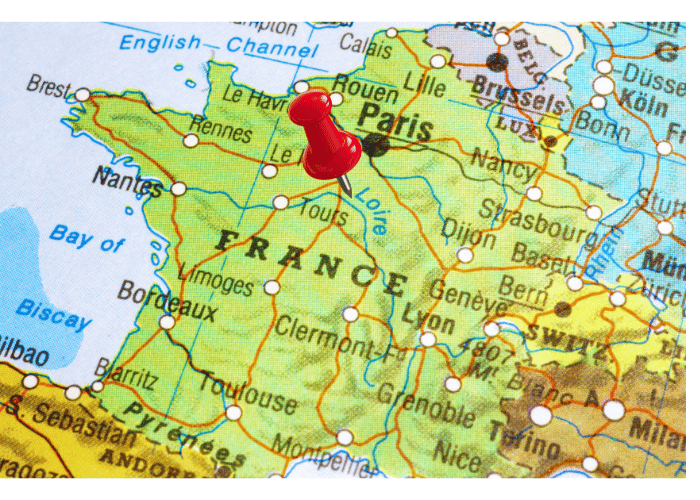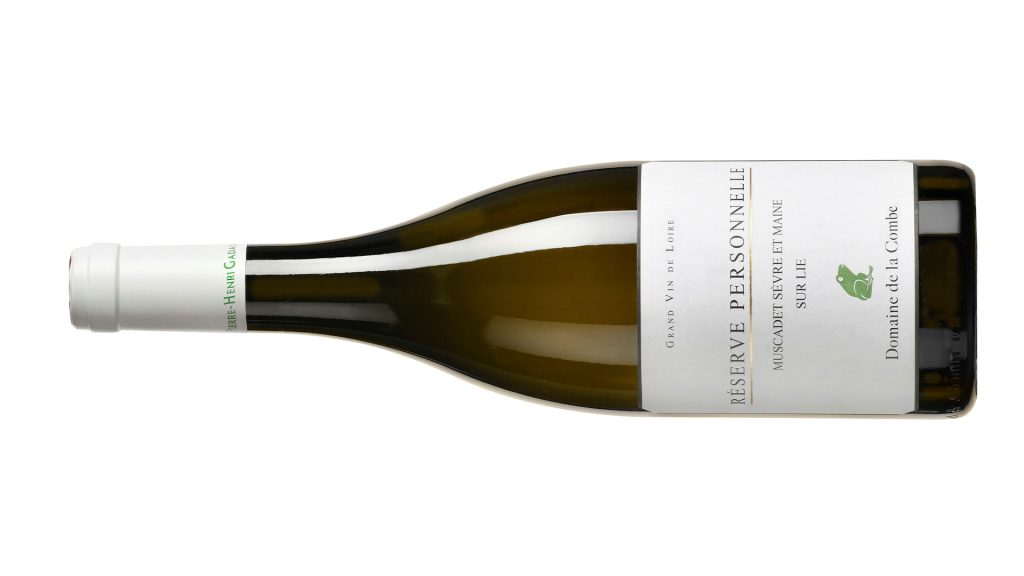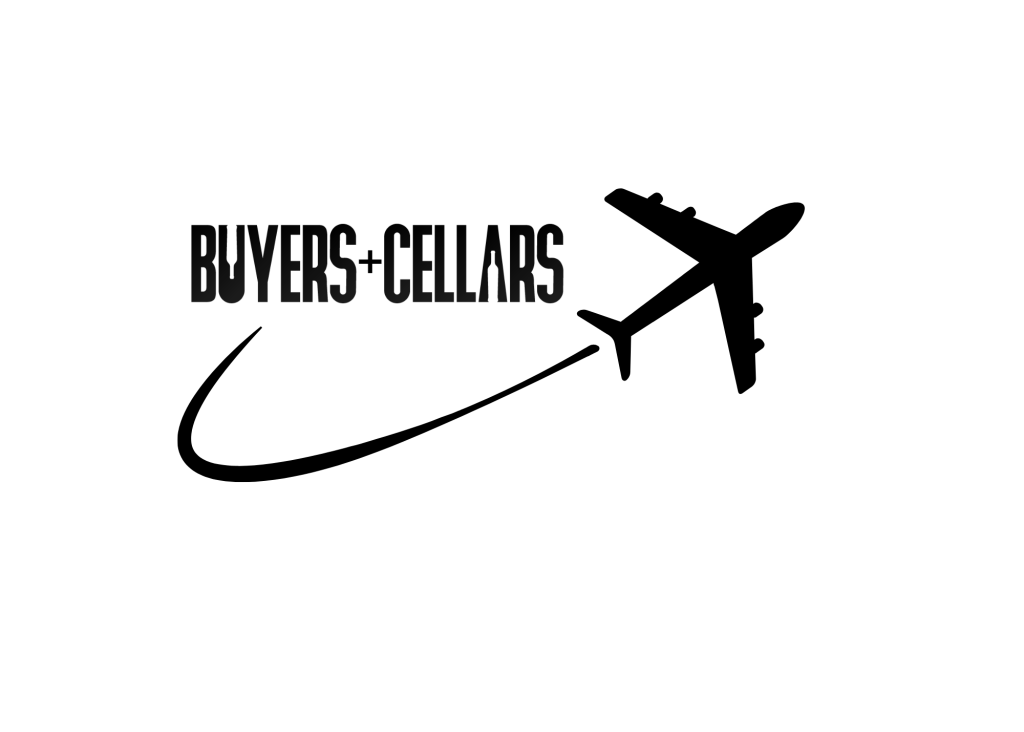
Ready to take your palate around the world, try new things and learn about unique destinations? The Buyers+Cellars Destination Discoveries newsletter will keep you up to date on our amazing wines being featured in the LCBO Destination Collection.
LCBO's Destination Collection
The Destination Collection is a program run through the LCBO that allows customers to experience rare wines from around the world – often from lesser-known regions and made with unique grape varieties. This enhanced selection can be purchased online or from country-focused boutiques within existing LCBO stores. The Greek boutique store, for example, is conveniently located in the East End of Toronto, in Greektown (bet you coulda guessed that one). To check out all the destinations and find a specialty boutique store, click the link below…
In our second Destination Discoveries segment, we will introduce you to Melon de Bourgogne – a grape variety, not a type of melon! – from the Muscadet-Sèvre-et-Maine region of the Loire Valley in France.

The Muscadet region in France’s Loire Valley is enjoying a renaissance of late, with wine enthusiasts rediscovering its fresh, vibrant style, versatility and very friendly quality-price ratio. At their best, Muscadet wines have a creamy texture with a tangy citrus profile, zippy acids and a salty mineral-inflected finish. Though the majority of Muscadet is enjoyed young, these wines have an under-appreciated ability to age given their high levels of natural acidity. They are the perfect foil to the region’s abundant, fresh seafood; mussels, oysters, scallops and Atlantic salmon. But as the region’s winemakers are quick to point out, they also pair well with other fare, notably Asian cuisines.
The largest and most important sub-appellation within the larger region is Muscadet-Sèvre-et-Maine, named after the two small rivers that flow through the area. Its 6,500 hectares of vineyards are spread out across 20+ communes southeast of the city of Nantes. The dominant grape variety is Melon de Bourgogne, which originated in Burgundy, hence the name. While it fell out of favour with the Burgundians, it found a natural home in the gently rolling hills south of the Loire River where it thrived in the region’s Atlantic-dominated climate. Like many vigorous varieties, Melon de Bourgogne will produce neutral, uninspiring wines if yields are not checked. As a result, the appellation imposes strict yield restrictions (55 hl/ha), that are reduced further by the region’s top wineries. Reducing yields greatly increases the concentration and complexity of flavours in all wines, and this is assuredly the case with Melon de Bourgogne. Winemakers here also employ a technique known as ‘Sur Lie’ where the wine sits on the fine lees (used yeast cells) for an extended period of time after fermentation, imparting richness, weight and depth.

Nestled along the Sèvre River, in the Nantes region of the Loire Valley, sits the village of Saint Fiacre. This is Muscadet country and home to owner/winemaker Pierre-Henri Gadais’ exciting new winery, Domaine de la Combe. A 5th generation vigneron, Pierre-Henri now stands at the vanguard of the region’s vinous revolution. A rising star within French wine circles, Pierre-Henri (and other like-minded young winemakers) is working hard to bring this storied region back to its former glory. After a world tour of vineyards (Burgundy, Bordeaux, Sancerre, Switzerland and Australia), he decided to return home to pursue his dream of crafting terroir-driven wines with precision, elegance and sophistication.
Pierre-Henri’s property sits on the southern slopes of a valley carved out of metamorphic rock, about an hour’s drive from the Atlantic Ocean. His 14 hectare vineyard that dates to the 1950s is farmed organically and tended to entirely by hand. With its wet, maritime climate, organic farming is a great challenge in this part of France, but Pierre-Henri firmly believes that it makes better wine with a higher sense of place. He uses as little intervention in his winemaking process as possible. Grapes are fermented underground using only ambient yeasts. There is no sulphur used during this process and the wines are chill-stabilized to inhibit malolactic fermentation, thus preserving freshness and the grape’s natural character. The wines are unfined and unfiltered and released only after extended aging in tank and bottle. Unlike most Muscadet producers, the great majority (80%) of Domaine de la Combe’s wines are exported around the world.
We are very pleased to present Pierre-Henri’s 2020 Reserve Personnelle through the LCBO’s Destination Collection program. The wine is available for purchase by the bottle both online and at the French Boutique LCBO store located at 275 Rideau Street, Ottawa.

Grapes are hand-picked from vines planted in 1967 on the family’s home plot facing the iconic church of Saint-Fiacre. The bunches are gently pressed and the juice gravity-fed underground to awaiting tanks where fermentation is carried out via native yeasts. During this time, Pierre-Henri protects the wine from oxidation using CO2 rather than sulphites. The wine then sits on the lees for 14 months prior to bottling. It ages for a further year before being released to the market.
This low-intervention wine is full and concentrated with a lovely combination of apple, citrus and mineral flavours. It possesses wonderful depth and balance, and the rare ability to age gracefully for up to 15 years (although it is drinking beautifully right now!). It makes an excellent aperitif but also pairs nicely with freshly shucked oysters, poached salmon and roast chicken.
You’ll hear from us soon for our next Destination Discovery adventure, and until then, happy sipping!


